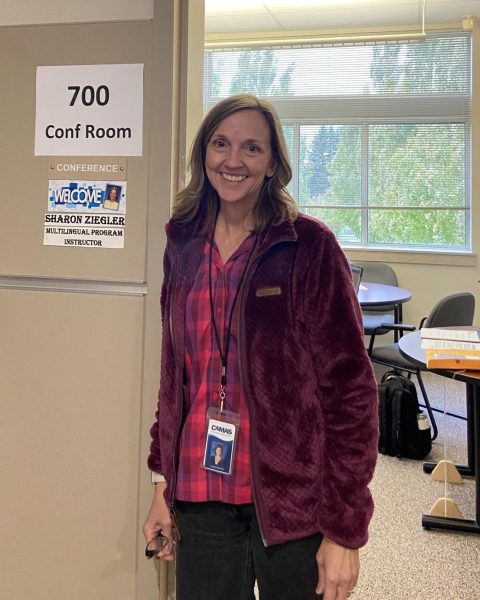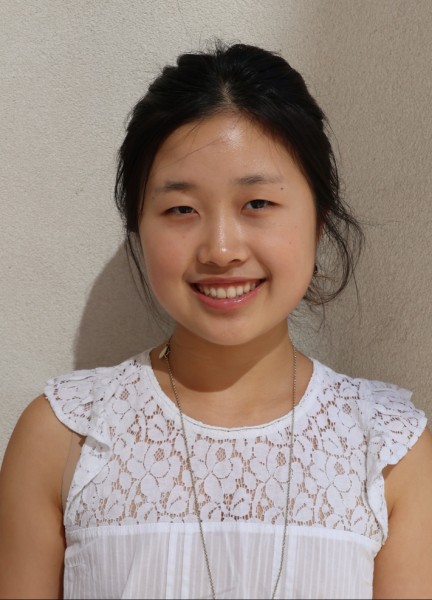In the Camas School District (CSD), there are 7,225 students, 1,250 of whom are a race other than caucasian. Of these students, about 3 percent (200 of 7,225) are Multilingual Learners (ML) who need an English as a Second Language (ESL) or English Language Development (ELD) program.
ESL and ELD programs play similar roles in a school setting. They help students achieve their ideal goal of learning the English language. However, the difference between the two programs is that ESL focuses primarily on students who are foreign to the country, while ELD is focused on students native to America who lack the English skills necessary for a standard classroom.
In Washington state, enrollment in ESL or ELD is determined by students’ performance on the World-class Instructional Design and Assessment Screener (WIDA) test. To qualify for the WIDA assessment, students must have a non-English-speaking familial background.

The test is divided into four sections: reading, speaking, listening and writing. The instructions for the test are explained before each segment with practice questions to simulate the actual assessment before it begins. The four categories are then graded by teachers and categorized by levels and scaled scores.
Some students at Camas High School (CHS) who have taken the WIDA assessment realized there is a potential problem in grading the test, especially the speaking portion, if not assessed by the right teacher.
“I think that if it wasn’t Ms. Ziegler who was grading our speaking, there could have been a risk of us failing,” CHS junior Chloe Wu, who moved from Taiwan two years ago, said.
Sharon Ziegler is the teacher in charge and instructor of the multilingual assessment at CHS. Her students have made her kindness and patience for them clear.
“Ms. Ziegler has been so helpful for my English,” CHS junior Jessica Chen said, “She is so kind.”
Contrarily, by the students’ accounts, it is agreed that not everyone can be as benevolent or generous as Ziegler. There is always a possibility of failing the assessment, whether because of the teacher or due to grading regulations.
“We score the speaking and writing part, but it’s all based on a rubric,” Ziegler said, “I had to grade a student once who scored all fives [perfect scores] for all subjects except the speaking, and this was due to the regulations of the test.”

Although Ziegler has been fair with all her students in evaluating their proficiency, she had to mark down a WIDA test-taker for the speaking portion of the assessment. The student was, according to Ziegler, perfect in all aspects of the test except for the speaking portion. This was due to technical difficulties, such as microphone problems or the student’s accent.
The WIDA assessment is a resourceful test for helping foreign and ML students accomplish their academic goals with the equality that every other student receives. However, there can be some flaws in the regulations and grading system of the test that can ultimately affect the judged level of proficiency of the test-takers.



































